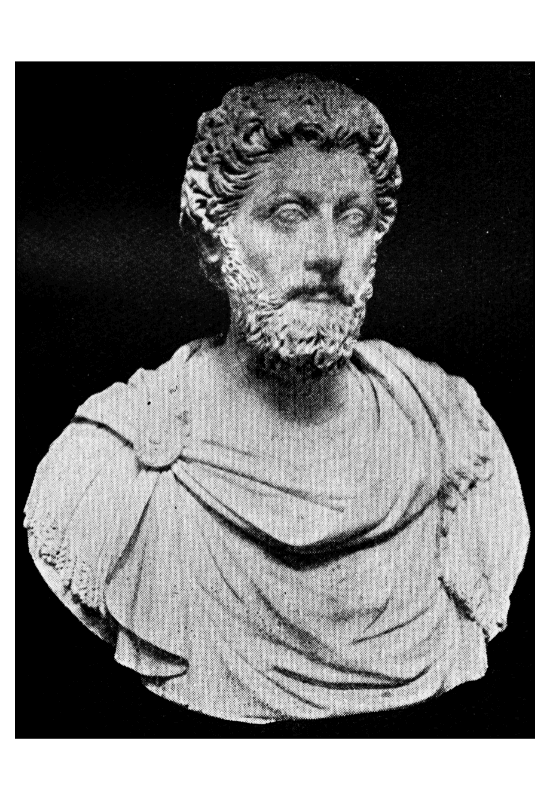Are Existentialism and Absurdism the Same Thing? All You Need to Know
Existentialism and absurdism are two philosophies that are often confused with each other. They have many things in common, but there are also some important differences. In this blog post, we'll go over the definitions of the two philosophies, discuss the similarities and differences, and help you decide which philosophy is better for you. We'll also provide you with some resources to help you learn more about each philosophy!
Existentialism
Existentialism is a philosophical and psychological movement that emphasizes the existence of the individual self and the subjective experience of life. It emphasizes the unique experience of the individual rather than the universal experience. Existentialists believe that individuals must create their own meaning in life, since there is no inherent meaning in the universe. They often address issues such as death, freedom, and the human condition. Existentialists include philosophers such as Jean-Paul Sartre, Friedrich Nietzsche, and Martin Heidegger.
You can learn more about it here, what existentialism is and why it is often misunderstood.
Absurdism
Absurdism is a philosophical current that emphasizes the inherent lack of meaning in the universe. Absurdists believe that man cannot find meaning in life because it does not exist. They often address issues such as existential angst, nihilism, and the human condition. Absurdists include philosophers such as Albert Camus and Friedrich Nietzsche.
How did absurdism come into being?

Absurdism was first introduced as a literary movement by Albert Camus in his 1942 essay "The Myth of Sisyphus." In this essay, Camus argues that the absurd arises when man tries to find meaning in a meaningless universe. He goes on to say that the only way to deal with the absurd is to accept it and live in defiance of it.
However, "The Absurd" was first defined in a philosophical context by the Danish theologian and philosopher Søren Kierkegaard, who is considered one of the founders of existentialism.
What other key ideas does absurdism have?
Absurdism has some key ideas that are similar to existentialism. For example, both philosophies focus on human existence and the inherent meaninglessness of life. However, there are also some important differences. Existentialists believe that humans can create their own meaning in life, while absurdists believe that this is impossible. Existentialists also tend to focus on individual experience, while absurdists focus on universal experience.
Similarities and differences
Existentialism and absurdism are two philosophical currents that are often lumped together. No wonder, since both philosophies are concerned with human existence, the meaning of life (or lack thereof), and our relationship to the world around us. But while existentialism and absurdism have some things in common, there are also important differences between the two.
Existentialism is a philosophical movement that emphasizes individual freedom and choice and the inherent meaninglessness of life. Existentialists believe that each person is responsible for finding his or her own meaning in life. This may sound daunting, but existentialists also believe that this freedom is what makes life meaningful.
Absurdism, on the other hand, is the philosophy that our lives are ultimately meaningless and absurd. Absurdists do not believe that we can create our own meaning - instead, they see the world as an irrational and chaotic place. Existentialists might see the absurdist view as too pessimistic, while absurdists might see existentialism as too optimistic.
However - and here comes the funny part - existentialism also inherits the concept of the absurd. In other words, existentialists believe that life can be absurd, but we can still find our own meaning in it.
So what is the difference between existentialism and absurdism? It is mainly two things: optimism and pessimism. Existentialists are optimistic - they believe that we can create our own meaning in life, even if the world is an absurd place. Absurdists, on the other hand, are pessimists - they believe that the world is meaningless and chaotic and there is nothing we can do to change that.
Which philosophical current is better for you?
So which philosophy is right for you? This is a difficult question to answer and depends on your personal worldview. Existentialism might be a good fit for you if you feel lost or confused, but still have hope that things can get better. Absurdism might be a better fit for you if you've given up on finding meaning in life and just want to focus on enjoying the ride.
Of course, there is no right or wrong answer here - it depends on what works for you. If you're not sure which philosophy is a better fit for you, we recommend doing more research on existentialism and absurdism. Below are some resources to help you get started!
Resources on both philosophies
If you want to know more about the Existentialism we recommend the following sources:
–Existentialism: A Very Short Introduction by Thomas Flynn
–Existentialism from Dostoevsky to Sartre from Walter Kaufmann
–Being and non-being by Jean-Paul Sartre
If you want to know more about Absurdism we recommend the following sources:
–The myth of Sisyphus from Albert Camus
–Nietzsche: philosopher, psychologist, antichrist by Walter A. Kaufmann
–The Stranger from Albert Camus
Maybe other philosophies suit you better
If existentialism and absurdism don't quite fit your worldview, here are some other philosophical currents to consider:
– Nihilism: The belief that life is meaningless and that there is no inherent purpose to existence.
– Stoicism: The belief that we should be in control of our emotions and desires and focus on what is within our power to change (Learn more).
– Humanism: The belief that people are capable of making their own choices and living fulfilling lives. (Learn more)
– Buddhism: The belief that life is a cycle of suffering and rebirth and that we can escape this cycle by following the Eightfold Path. (Learn more)
– Taoism: The belief that we should live in accordance with the Tao (the "Way") and focus on simplicity and moderation. (learn more)
– Confucianism: The belief in the importance of social harmony and that we should follow the teachings of Confucius. (Learn more)
- etc.
There are endless philosophical currents to explore, so don't feel limited to existentialism and absurdism! It is not necessary to choose one particular school of thought, but you will find that some of them fit you very well.
If you're not sure where to start, we recommend researching different philosophies and finding out which one appeals to you. Good luck on your journey - and feel free to walk it with us! We would be delighted if you joined us 🙂







